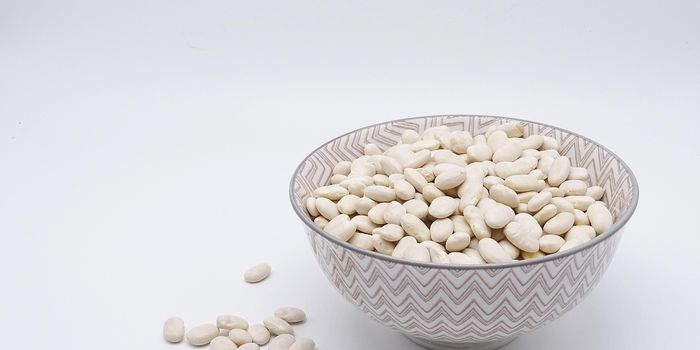Improving Vaccines for Meningitis
Scientists at the University of Nottingham are seeking new ways to improve vaccine use in the protection against the bacterium, Neisseria meningitides that leads to sepsis and meningitis. Findings of the study were published in the journal Frontiers in Microbiology and could have major implications for current marketed vaccines Trumenba and Bexsero that contain Factor H binding protein (FHbp)—which is a lipoprotein found on Neisseria bacterium.
Learn more about meningitis:
"The Trumenba vaccine currently used to protect against meningococcal group B is monovalent, it comprises two versions of the same antigen. The risk you take with monovalent vaccines is that isolates may have previously acquired mutations in the target or go on to acquire new mutations such that the target changes significantly from that contained within the formulation. This makes the vaccine less target-specific and less effective,” says Dr. Ruth Griffin, Assistant Professor in Microbial Pathogenesis from the School of Life Sciences at the University of Nottingham.
Bacterial meningitis is a life-threatening disease that poses a worldwide challenges with the increasing threat of antibiotic-resistant bacteria which is why vaccines need to be as effective as possible. Babies and adolescents are often at high risk of acquiring an infection and those that survive often live with life-long complications such as hearing loss, brain damage and organ damage.
"We analysed the FHbp sequence of almost 2000 isolates and experimentally tested 20 and saw a 100 percent correlation between mutations in the signal peptide sequence and inability to convert the precursor protein to the cleaved lipidated antigen,” says Dr. Griffin.
Source: University of Nottingham








